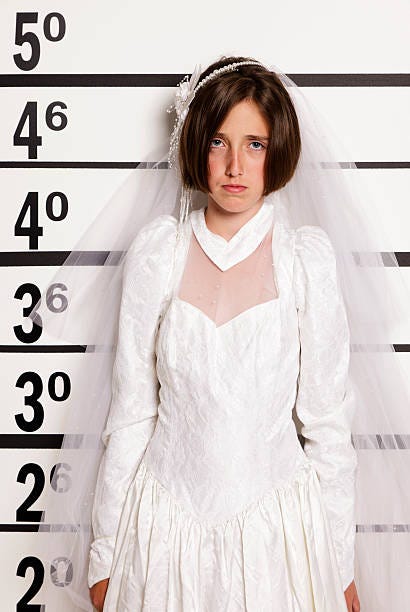Women Turned into Objects – Why Objectification is Still So Insidious
When a person becomes an object, their value becomes conditional.
To objectify someone is to reduce them and assign them a limited purpose. And once that happens, their emotions, thoughts, and needs become irrelevant.
When people hear the word "objectification", they often think of being catcalled or judged based on appearance. But objectification is deeper than that. Objectification is a fundamental distortion of logic and ethics. It denies the full humanity of a person by treating them as something that exists for someone else. And when women are objectified…their humanity becomes optional.
In order to provide justice and protection for women and other vulnerable groups—empathy and logic demand we reject all forms of objectification entirely.
What Is Objectification, Really?
Objectification is the act of treating a person as an object—a tool, symbol, function, or resource—rather than a fully autonomous human being. The objectified person’s role is defined for the benefit of the one using them.
In feminist theory, objectification has been outlined by scholars like Martha Nussbaum and Rae Langton as having characteristics like:
Instrumentality: being used as a tool
Fungibility: being replaceable
Denial of autonomy: being treated as lacking agency
Silencing: being spoken over or for
Violability: having one’s boundaries ignored
While objectification often intersects with sex and gender, it is not solely limited to sexual contexts. It is a broader practice of reducing human beings to their utility, and ignoring the rest.
“Objects exist for use. People exist in relationship.”
The God-Complex of Assigning Purpose
It is widely theorized in philosophy that human beings have no inherent purpose other than to live. Objectification subverts this with patriarchy acting as a god-like figure by declaring women’s purpose: to please, to serve, to adorn. This god-complex claims authority over women’s innate essence.
She is here to serve me.
She is here to please me.
She is here to make me look good.
She is here to clean, to bear children, to be quiet.
These are only some of the life purposes that patriarchal institutions have forced on women. Once women have been assigned a fixed purpose, every action they make is filtered through that lens and made a target for mockery, shame, or even violence.:
If they speak up? They’re “difficult.”
If they resist? “Hysterical.”
If they stop smiling? “Ungrateful.”
If they rest? “Lazy.”
In this way, the patriarchy and patriarchal norms have decided it gets to play god—deciding what women exist for, and when their usefulness runs out.
Keep reading with a 7-day free trial
Subscribe to Eve's Insight to keep reading this post and get 7 days of free access to the full post archives.




